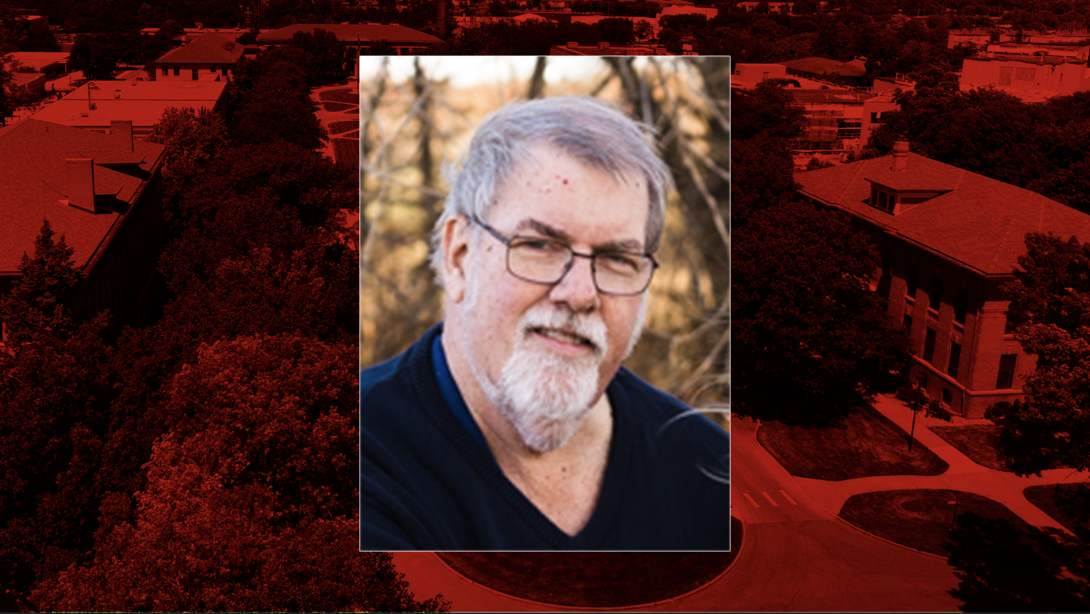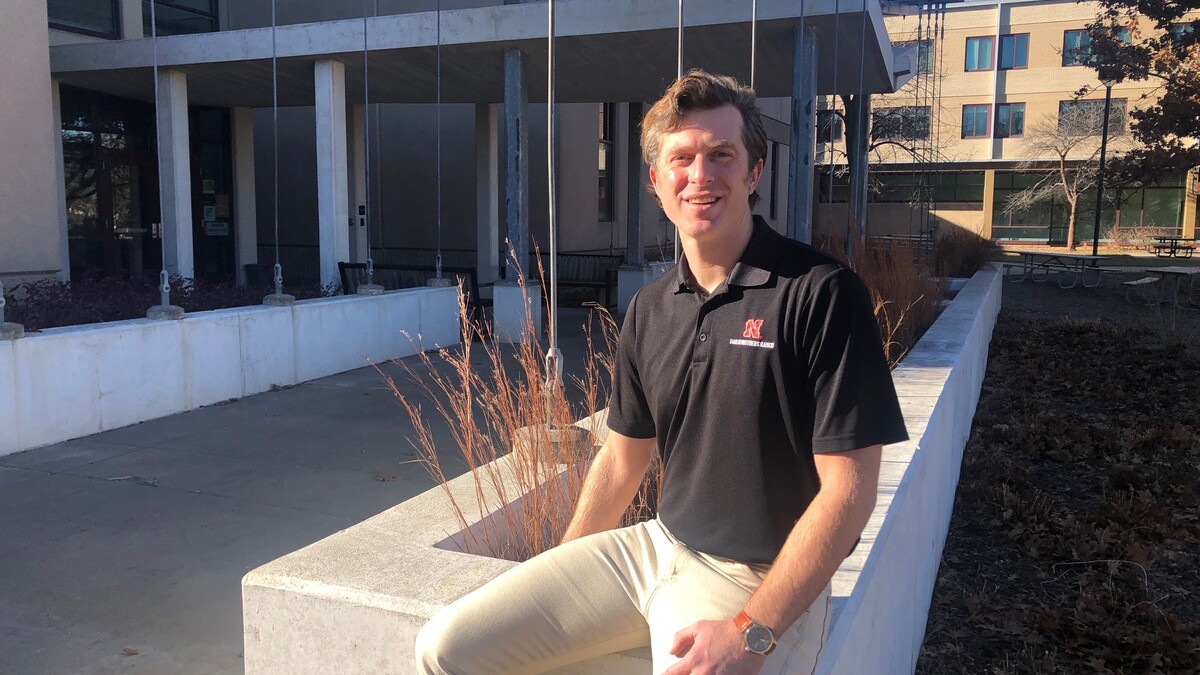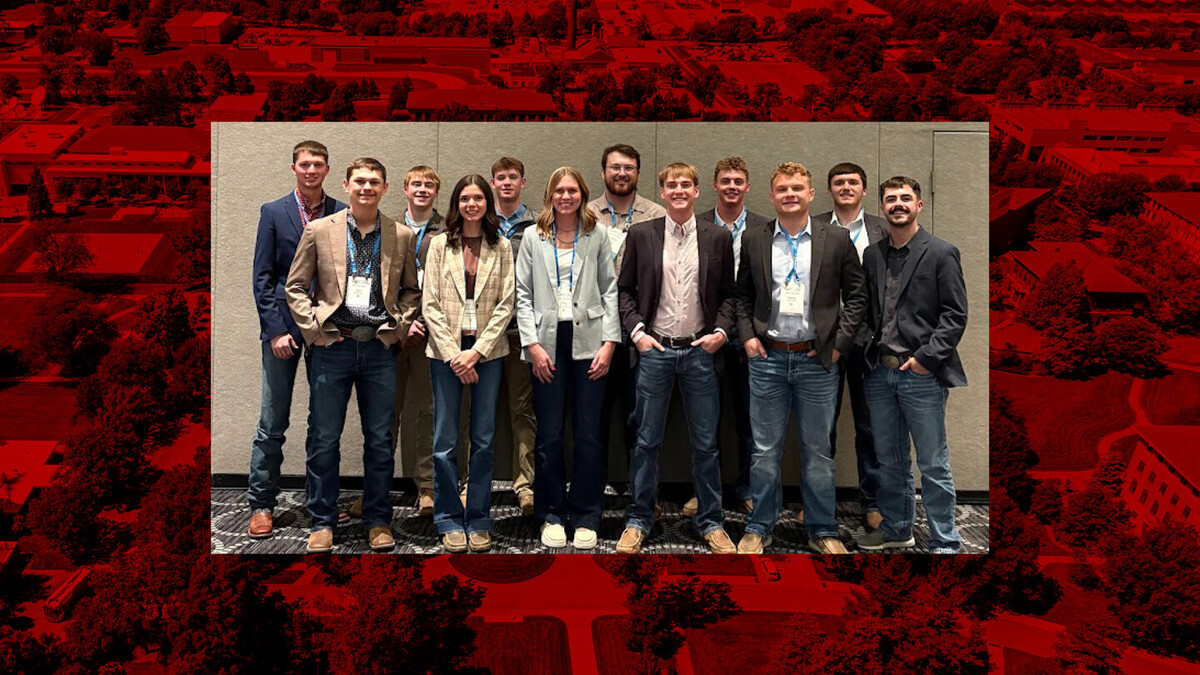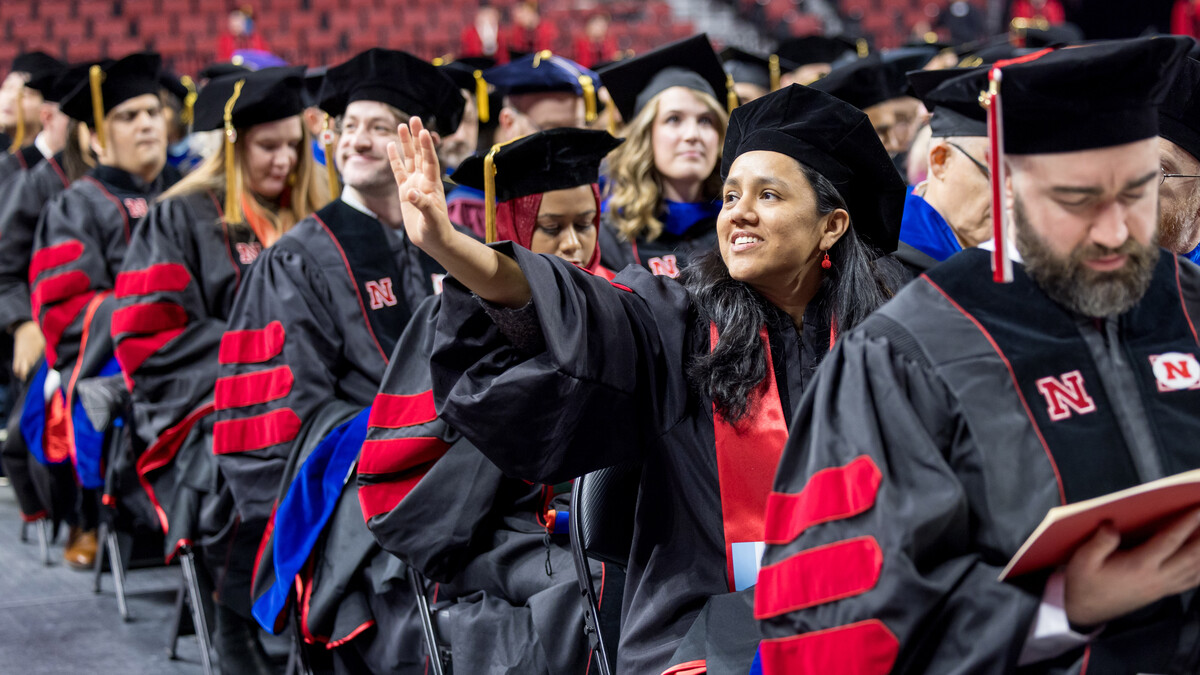
Lincoln, Neb. —The legacy of preparing young scientists at the University of Nebraska-Lincoln to manage fisheries in Nebraska and beyond will continue after the passing of Rick Holland, a well-known fisheries biologist, researcher and mentor.
Holland, who died April 28, led the fisheries research program at the Nebraska Game and Parks Commission for 30 years. Holland, a Nebraska alum, also was actively engaged in graduate student mentoring as an adjunct graduate faculty member of the School of Natural Resources. In that role, he mentored more than 80 graduate students there and at three other universities. Those students now work in wildlife and fisheries management in 30 states.
A graduate student scholarship has been created in Holland’s name through the University of Nebraska Foundation to support the education of future fisheries biologists. The School of Natural Resources scholarship is a testament to Holland’s commitment to natural resources management and student mentoring for the future.
“Rick was a pillar of experiential knowledge given his extensive career with the Nebraska Game and Parks Commission,” said Mark Pegg, professor of Fish Ecology in SNR. “He saw that students needed to ground their research into tangible outcomes that can benefit not only his agency, but the public.
“He was a staunch advocate for students to learn and gain as much experience as possible — inside and out of the classroom. He challenged students to learn how to navigate complex, real-world issues natural resource professionals often face.”
Holland designed research that involved graduate students, with the intent to develop them and gather needed data or understanding of Nebraska’s fisheries resources. For example, Holland worked with Kevin Pope, then leader of the Nebraska Cooperative Fish and Wildlife Research Unit, to have graduate students conduct angler surveys on public waters around the state as part of their human dimensions research projects in order to continue a longstanding program to serve anglers, while also reducing state spending.
“The human dimensions work, along with the creel work, has provided us with a bigger insight into a lot of our constituents and users out there, and some of that work is groundbreaking,” said Dean Rosenthal, Game and Parks fisheries division administrator.
Holland’s involvement in other research that included graduate students was expansive and diverse. It ranged from studying panfish in Sandhills lakes and walleye and white bass at Lake McConaughy to fish communities in the Platte and Missouri Rivers. It also included long-term research at Harlan County Reservoir and research he designed to collect data justifying the minimum flows needed in the Niobrara River to protect water rights for conservation and recreation.
In addition to creating research opportunities, Holland had a reputation for asking tough questions in graduate defense seminars in an effort to encourage critical scientific thinking. Jonathan Spurgeon, the Nebraska Coop Unit’s current leader and one of Holland’s mentees, said most fisheries graduate students worried about answering his questions.
“It wasn't coming from Rick trying to be intimidating,” Spurgeon said. “It was coming from Rick trying to prepare you to think and make you a better scientist, make you a better resource manager. I know Rick always had the students’ best interest in mind.”
Students came out of the defenses and one-on-one meetings expressing an appreciation for Holland and how he helped develop their fisheries management knowledge and science thinking.
Holland didn’t seek recognition for his role in their work; he always wanted the credit and recognition going to the students and professors who were most involved, said Tony Barada, a fisheries biologist at Game and Parks and another Nebraska graduate student mentored by Holland.
That humbleness spread to awards he earned, such as the Golden Pillar from the Nebraska Coop Unit and the Distinguished Service Award and the Award of Excellence from the Nebraska Chapter of the American Fisheries Society. Rosenthal said those closest to him often did not know he had received them.
“In the end, what satisfied him most was seeing research products applied to on-the-ground management, benefiting Nebraska's natural resources while providing students valuable real-world learning experiences,” Barada said.
Holland’s ability to guide the quantity and quality of research conducted by identifying the needed expertise, forming teams, and collaborating with academic institutions is unparalleled, he added, and Holland’s memory and his mark on the fisheries and natural resources fields will be evident for a long time because of the many people and projects with whom he was involved.
“I think when we look around and we see the research and things going on with fisheries in the state, we'll be able to witness Rick's legacy live on, and that'll be pretty cool,” he said.
Donate to the Rick Holland Memorial Fund
Donations to the Rick Holland Memorial Fund can be made at NUFoundation.org/fund/01167620. Or gifts may be sent to the Rick Holland Memorial Fund for School of Natural Resources Graduate Student Support at the University of Nebraska Foundation, P.O. Box 82555, Lincoln, NE 68501-2555. Checks should be made payable to the University of Nebraska Foundation and include on the memo line the fund number 01167620.







